What is soil pH? What does it do for your plants? Why is it important to know about the pH levels of soil? You’ve probably had dozens of these questions at the mention of the pH level of soil for plants.
Having a basic understanding of soil pH can help make sure your garden health stays good. It also enables you to independently rectify the atmosphere for your plants if things go bad in your garden. In this blog we are going to try and answer these questions, so you can understand the science behind your garden and treat your plant babies better.
What is soil pH?

Soil pH is a measure of the acidity or alkalinity of soil and a measure of the concentration of hydrogen ions (H+) in the soil solution. It is important because it decides the availability of nutrients to plants, the activity of soil microorganisms, and the solubility of some toxic elements in soil. Which all affects plant health directly.
Soil pH is measured on a scale of 0 to 14, with 7 being neutral. Values below 7 means the soil is acidic, while values above 7 points to alkaline soil. Most plants prefer a slightly acidic soil with a pH range of 6.0 to 7.0, but some plants, such as blueberries, prefer more acidic soil with a pH range of 4.5 to 5.5.
Why is soil pH important and how it can affect the yield?

Soil pH is important because it affects the chemical, physical, and biological properties of the soil. It directly affects the amount of nutrients available for plants and decides the efficiency of fertilizer use. Soil pH also affects the growth and yield of your crops.
When soil pH is too low (acidic), some essential plant nutrients (phosphorus, calcium, and magnesium) become less available to plants. At high soil pH (alkaline), nutrients (like iron, manganese, and zinc) become less available. This can lead to serious deficiencies in your crops, which obviously negatively affects yield and quality of the plants.
If you are seeing yellowing between the veins of young leaves, it is a sign of an iron deficiency. You'd think iron deficiency means insufficient amount of iron in your soil but that's not necessarily true. It can also arise from insufficient soil acidity that allows plants to absorb iron in a specific form.
Aluminum (which is not a plant nutrient) can become available in high amounts in your soil if pH levels go too low. This can result in stunted root growth and affect the plants ability to absorb nutrients. Whereas, high levels of pH can make the nutrient molybdenum become available in an amount that is toxic for your plants.
Paying attention to your soil pH is important because every crop has different requirements. Radishes grow healthier in mildly acidic soil. This means maintaining the appropriate soil pH for individual species of crops is important for optimizing plant growth and yield. Regular monitoring and management of balanced pH levels by doing practices such as lime application can help the soil pH remain within the recommended range. This ensures a healthy environment for your plants to thrive in.
Shop for our pH balanced potting soil mix to start growing your own food at home.
Ways to adjust soil pH the naturally

It doesn't have to be as hard as it sounds, as there are several natural ways to adjust soil pH. You can both increase and decrease it, depending on knowing what should be added to adjust the pH value.
However, it is key to note that adjusting soil pH is not an overnight process. It usually takes several months to see significant changes. Avoid overdoing these amendments, as they can end up harming plants and soil health as well. We recommended conducting a soil test to know the appropriate amount of adjustments needed to fix the pH of soil for plants.
To increase soil pH and make it more alkaline:
- Use ground limestone: This is a common way to increase soil pH naturally. Ground limestone is a rock that contains calcium carbonate, which neutralizes acidic soil.
- Use wood ashes: Wood ashes are alkaline and can be used to increase soil pH. However, they should be used sparingly, as they can also provide too much potassium and raise the pH more than needed.
To decrease soil pH and make it more acidic:
- Use elemental sulfur: Elemental sulfur reacts with water and soil bacteria to form sulfuric acid, which lowers soil pH. The amount of sulfur needed depends on the soil type, initial pH, and desired pH. A soil test can provide this information.
- Use organic matter: Organic matter, such as compost, can help lower soil pH. As it breaks down, it releases organic acids that can lower soil pH.
Important to note:
- Limestone and sulfur, both are available in powdered/pelletized form, with the to help ease the process of spreading them uniformly and avoiding any health hazard from its dust.
- Both limestone and sulfur are not soluble in water, Mixing these materials thoroughly into the top 6 inches of soil in emergency care cases. Else it's alright to just lay the material on top of the ground, and let it slowly work its way down.
- Lowering soil pH is a much slower process and requires patience. So keep adding organic compost and mulch to your soil regularly and make your soil better than ever.
For all your gardening needs, go to AllThatGrows and for more information, keep following AllThatGrows blog.


 Sign In
Sign In



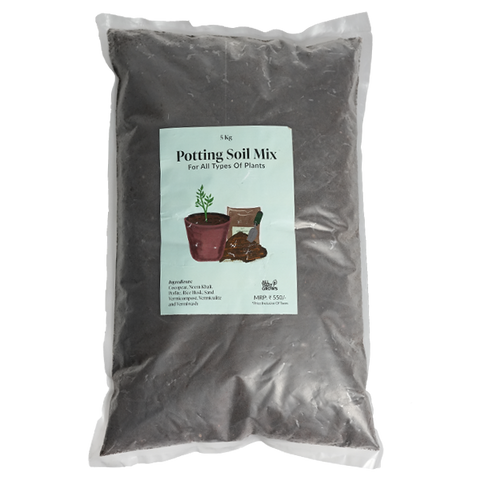
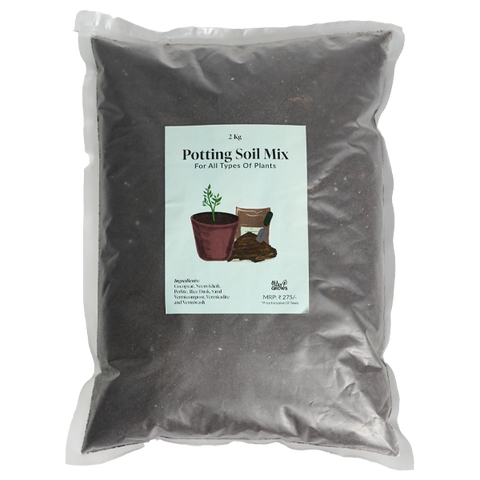
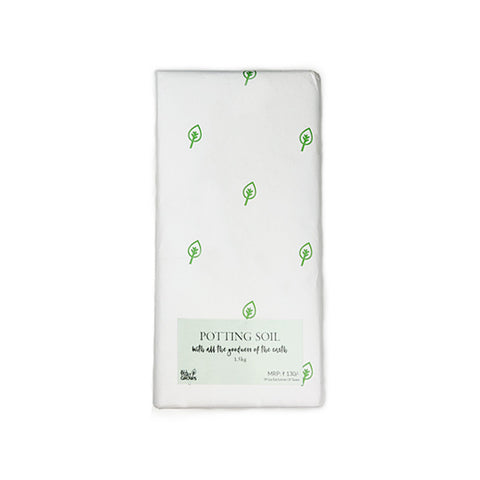
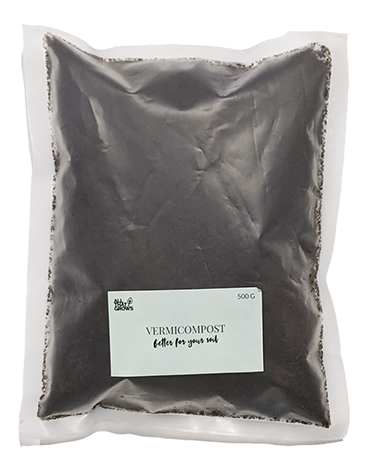
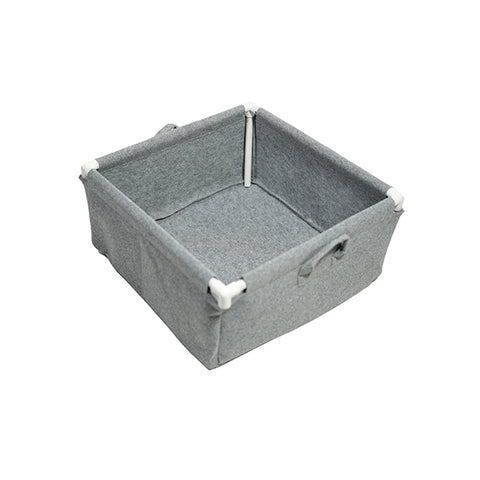









Let us know your feedback
* Comments must be approved before being displayed.